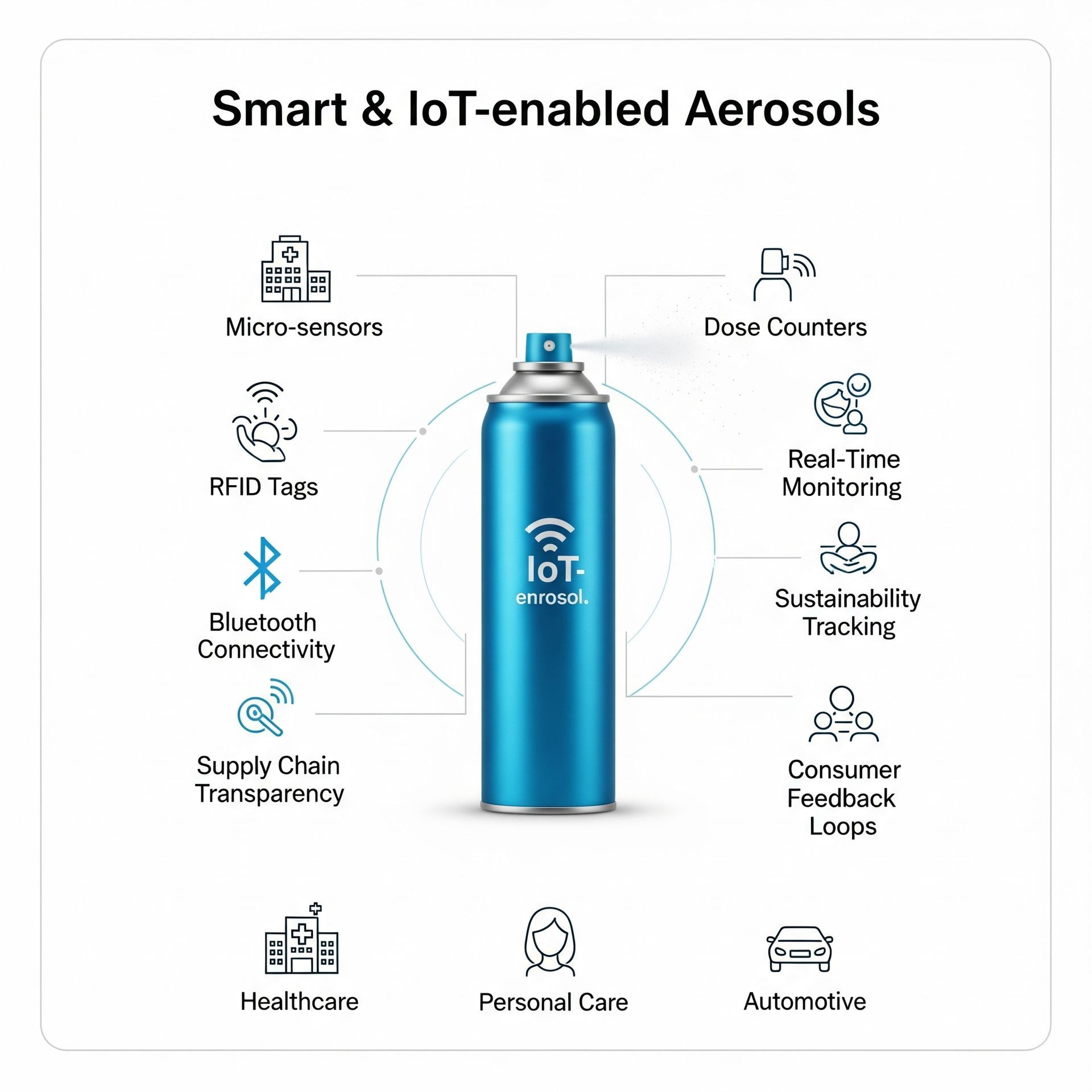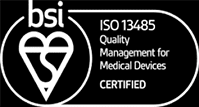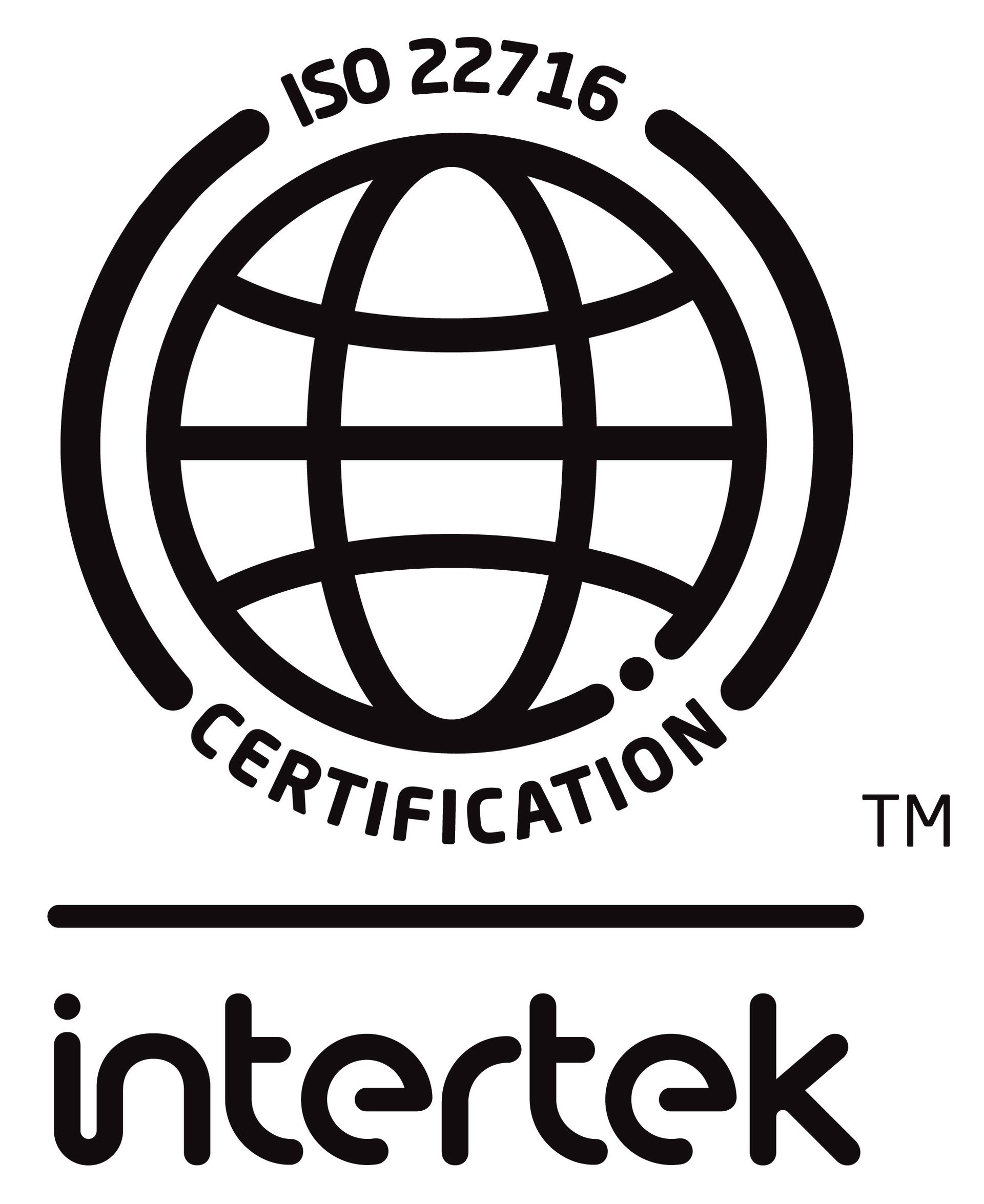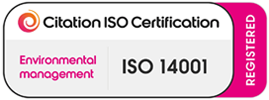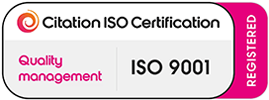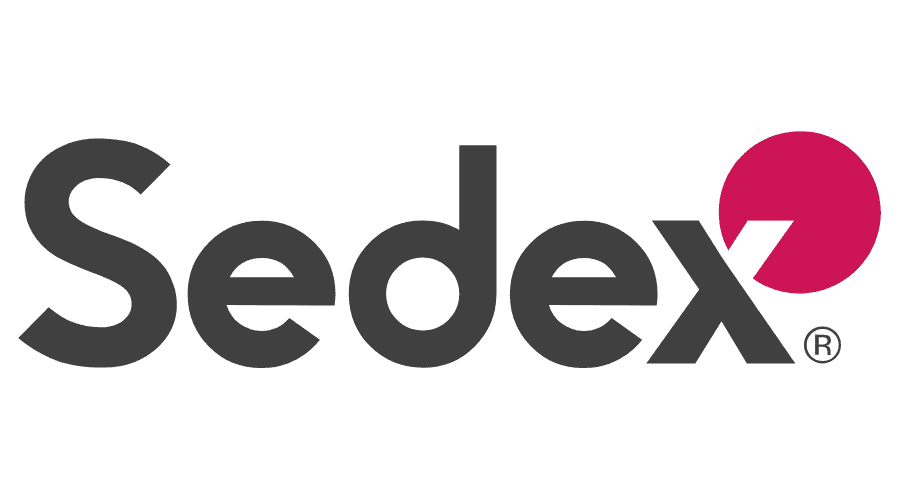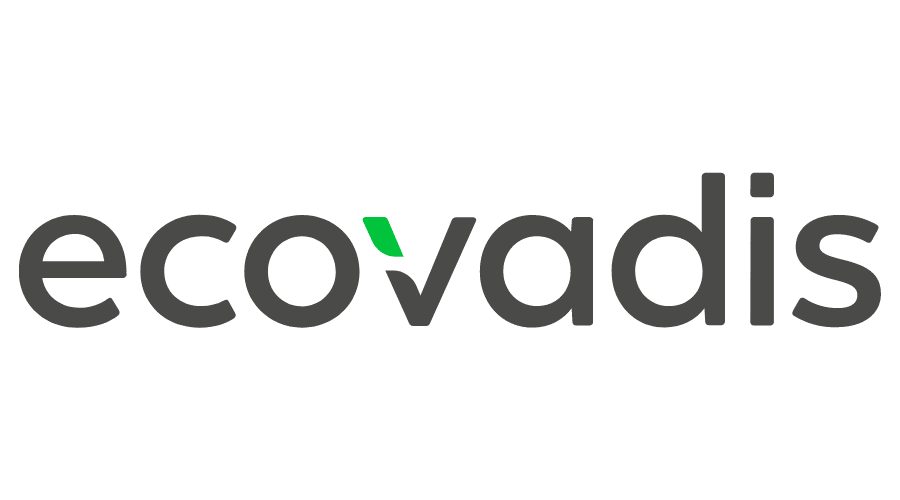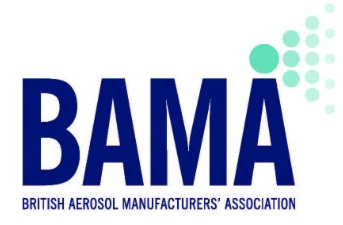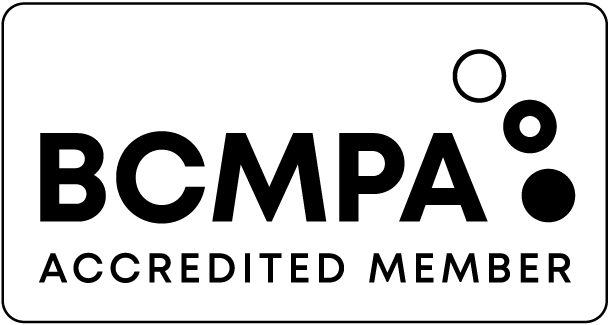In a world rapidly evolving through digital transformation, the aerosol manufacturing industry is no exception. Smart aerosols—products enhanced with sensor technology, data capture, and IoT integration—are reshaping the way we think about packaging, user interaction, and product safety. Hydrokem, a UK leader in innovative aerosol manufacturing, is at the forefront of this transformation, offering advanced solutions that merge traditional aerosol expertise with the demands of Industry 4.0.
What Are Smart Aerosols?
Smart aerosols refer to pressurised spray products embedded with intelligent features such as micro-sensors, dose counters, RFID tags, or Bluetooth connectivity. These enhancements allow for precise product delivery, user feedback, tamper evidence, or environmental data tracking. In healthcare, this could mean an inhaler that tracks dosage. In personal care, it might be a spray that adjusts release based on temperature or motion. These systems represent a leap forward from passive containers to active, responsive packaging technologies.
Industry 4.0 in Aerosol Manufacturing
Industry 4.0 refers to the integration of automation, real-time data, and smart systems within manufacturing. At Hydrokem, these principles are already in play. We utilise advanced quality assurance technologies, including laser coding for 2D traceability, automated batch tracking, and data-driven production monitoring. This not only improves operational efficiency and product consistency, but also offers clients full transparency throughout the manufacturing process—crucial for regulated sectors like pharmaceuticals or automotive.
Smart aerosol systems fit naturally into this framework. Whether it’s integrating connected packaging for consumer feedback or enabling supply chain data capture, Hydrokem’s facilities are engineered to support the requirements of smart manufacturing and intelligent product development.
Key Benefits of Smart Aerosol Technology
- Precision Dosing
Sensors can monitor and control exact quantities dispensed per spray, critical in pharmaceutical and cosmetic applications. - Real-Time Monitoring
Products can track usage data or environmental conditions such as humidity or temperature, improving reliability and compliance. - Supply Chain Transparency
RFID and 2D codes offer full lifecycle tracking, from production line to end user, enhancing product recall systems and anti-counterfeiting efforts. - Sustainability Tracking
Smart features can measure residual content to reduce waste or indicate when recycling is appropriate, aligning with environmental goals. - Consumer Feedback Loops
IoT-enabled aerosols can communicate usage patterns back to brands, opening opportunities for personalisation and improved product design.
Hydrokem’s Capabilities in Smart Aerosol Development
Our commitment to innovation is backed by state-of-the-art R&D laboratories, ISO-accredited quality systems, and in-house tooling expertise.
We support:
- Prototype development and testing
- Sensor or RFID integration (via internal teams or specialist partners)
- Regulatory and safety compliance
- Contract manufacturing with full traceability
Whether you’re a start-up looking to create a connected healthcare device or a multinational expanding into intelligent packaging, Hydrokem delivers scalable, secure, and science-backed manufacturing services.
Use Cases Across Industries
- Healthcare
Smart inhalers and antiseptic sprays can include dose counters, expiry alerts, or temperature-sensitive dispensing. This ensures safe and consistent use, especially for critical care. - Personal Care
Products like smart deodorants or UV-sensitive sunscreen sprays can adjust delivery or remind users to reapply. Enhanced tracking supports brand transparency. - Automotive
Diagnostic aerosols or lubricant sprays can include indicators for usage thresholds or temperature-sensitive release for high-performance vehicles.
Hydrokem collaborates with clients from concept through to scalable production, offering the flexibility and technical know-how needed for these complex applications.
Future Outlook & Trends
Smart packaging is forecast to grow significantly in the UK and global markets, especially in consumer health, cosmetics, and automotive sectors. Developments in AI, embedded microcontrollers, and energy-efficient sensors are pushing the boundaries of what aerosols can do. Hydrokem is actively investing in these technologies to stay ahead of client needs and regulatory changes.
Looking to develop a smart aerosol product for your market? Hydrokem offers full-service innovation, from concept to contract manufacturing. Contact us today to discuss how we can bring your vision to life with precision, traceability, and compliance built-in
FAQs about Smart Aerosols
What are smart aerosols and how do they work?
Smart aerosols are next-generation spray products that incorporate sensor-based or digital technology to enhance their functionality, traceability, and user interaction. These aerosols are equipped with features such as RFID chips, QR codes, Bluetooth connectivity, dose counters, or environmental sensors. The goal is to transform a standard aerosol into a product that can intelligently respond to external stimuli, record usage data, and even communicate with users or external systems like mobile apps.
For instance, in healthcare, a smart inhaler might include a built-in dose counter that tracks each actuation and records time-stamped usage data. This data can be shared with a smartphone app, allowing patients and healthcare providers to monitor adherence and optimise treatment. In the cosmetics sector, sprays can be designed to dispense based on temperature, UV exposure, or proximity, offering personalised and situational application.
These innovations help improve user safety, ensure consistent dosing, and deliver added value for brands and consumers. Moreover, they can support regulatory compliance through automated data logging and tamper-evident features. At Hydrokem, we work closely with clients to design and produce such smart aerosol solutions, offering R&D support, prototyping, and compliant manufacturing. These systems represent the convergence of physical product development and digital innovation, shaping the future of aerosol delivery.
What industries are using smart aerosol packaging?
Smart aerosol packaging has found relevance across a diverse range of industries that benefit from enhanced traceability, consumer interaction, and regulatory control. These intelligent systems are increasingly being adopted in:
Healthcare: One of the earliest adopters of smart aerosol systems. Applications include inhalers with dose counters, antiseptic sprays with expiry indicators, and prescription-based sprays with data logging to ensure correct usage. These features improve patient compliance, support remote monitoring, and reduce medical errors.
Personal Care & Cosmetics: Brands are integrating smart features into sunscreen, deodorant, and skincare aerosols. These may include UV-sensitive release mechanisms, temperature-triggered sprays, or IoT connectivity for usage reminders. Such products align with growing consumer demand for personalisation and innovation.
Automotive: Diagnostic sprays and lubricants with sensors or visual cues are being developed for maintenance schedules or application tracking. Some include embedded smart labels that integrate with vehicle service apps.
Industrial Cleaning & Facilities Management: In commercial environments, smart aerosols with batch codes, usage monitoring, or digital lockout systems enhance safety and traceability, particularly in regulated industries.
At Hydrokem, we work across all these sectors, tailoring solutions that meet both functional needs and compliance expectations. Our flexible production capabilities and technical knowledge enable clients to bring these smart packaging ideas to market quickly and efficiently.
How does Hydrokem support smart aerosol development?
Hydrokem offers an end-to-end service for developing smart aerosols, supporting clients from concept to market-ready product. Our approach begins with a detailed consultation to understand the client’s goals, whether it’s adding a dose counter, embedding a sensor, or creating a fully connected aerosol solution.
Our on-site R&D laboratory provides the foundation for testing formulations, compatibility with delivery mechanisms, and integration of smart components. We prototype smart packaging concepts using small production runs, allowing clients to validate the technology and test the user experience.
Where electronic components are involved, we collaborate with trusted third-party suppliers or specialist partners to source the right technology, whether that includes microcontrollers, RFID tags, Bluetooth modules, or environmentally sensitive actuators. We also provide feasibility analysis and technical validation to ensure that these elements perform reliably throughout the product’s lifecycle.
Hydrokem’s manufacturing process includes advanced filling lines with custom tooling, designed to handle the complexity of smart aerosols without compromising on speed or quality. Our facilities are ISO-certified and built for full batch traceability, ensuring quality assurance at every step. Finally, we support clients through regulatory navigation, ensuring compliance with UKCA, REACH, CLP, and other sector-specific regulations. This integrated, consultative model allows us to deliver innovative, scalable, and compliant smart aerosol products to market.
What are the regulatory considerations for smart aerosol products in the UK?
Smart aerosol products in the UK must navigate a layered regulatory landscape that spans chemical safety, packaging integrity, electronic component compliance, and—where applicable—data protection or medical device legislation.
Aerosol Dispensers Regulations (ADR): All aerosol containers must meet requirements for pressure safety, flammability labelling, and valve integrity. These standards ensure that the packaging is safe for both consumers and logistics chains.
REACH and CLP Compliance: The chemical formulation within the aerosol must comply with REACH regulations (covering the safe use and registration of chemicals) and CLP regulations (covering classification, labelling, and packaging). This is vital for both consumer safety and environmental protection.
UKCA Marking for Electronics: Any aerosol incorporating digital components, such as sensors or wireless transmitters, must carry the UKCA mark to indicate conformity with relevant electrical and electromagnetic standards.
Data Protection (GDPR): If the smart aerosol collects personal data (e.g., usage patterns tied to a user profile), it must comply with the General Data Protection Regulation. This includes ensuring user consent, secure data handling, and clear privacy policies.
MHRA Regulations: If the product is considered a medical device—for example, a smart inhaler—it must be registered and approved by the Medicines and Healthcare products Regulatory Agency. This entails rigorous documentation, safety validation, and clinical data.
Hydrokem offers full regulatory support as part of our development service. We work with clients to ensure each element of their smart aerosol product—chemical, mechanical, and electronic—meets the applicable legal standards. Our quality systems and partnerships with regulatory experts help minimise compliance risks and streamline product approval.
What is the future of connected packaging in aerosol manufacturing?
Connected packaging is rapidly evolving from a niche innovation to a mainstream requirement across the aerosol industry. The integration of smart technology into everyday aerosol products is being driven by consumer demand, regulatory pressures, and technological advancement. The future of this space includes several promising developments:
Greater Personalisation: Connected aerosols will allow brands to customise experiences for individual users. For instance, a skincare spray may alter its formula delivery based on user settings, environmental data, or health metrics captured through a linked app.
Data-Driven Product Development: Smart aerosols that capture and transmit usage data will enable companies to analyse how consumers interact with their products. This can inform new product development, improve marketing strategies, and help identify issues early.
Sustainability Tracking: As environmental regulations tighten, connected packaging will help monitor product usage, detect overuse or wastage, and prompt recycling behaviours. Some aerosols may even track remaining content and recommend refill or disposal timing.
Enhanced Supply Chain Transparency: Blockchain integration and digital traceability features are expected to become more common, allowing stakeholders to track each unit from filling to end use. This will improve accountability and help combat counterfeiting.
Interoperability with Smart Ecosystems: Aerosols may become part of broader smart-home or health-monitoring ecosystems, interacting with wearable devices, voice assistants, or remote healthcare platforms.
At Hydrokem, we are investing in capabilities that make this future attainable. From engineering smart-ready filling systems to forming partnerships with IoT providers, we are prepared to support clients as they adopt connected packaging at scale, making aerosol products smarter, safer, and more sustainable.

